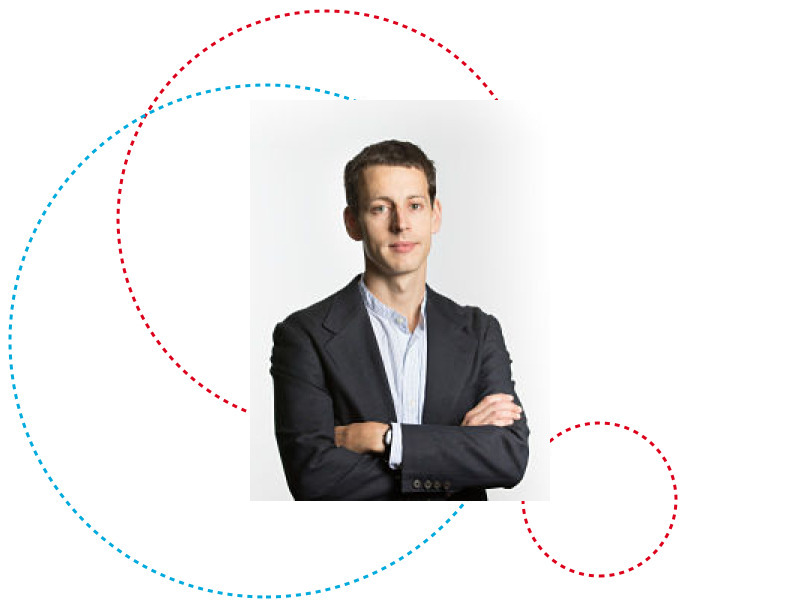Abstract
Episodes of booming firm creation often coincide with intense speculation
on financial markets. Disagreement among investors transforms
the economics of optimal firm creation. We characterize the interaction
between speculation and classic entry externalities from growth theory
through a general entry tax formula for a non-paternalistic planner. The
business-stealing effect is mitigated when investors believe they can identify
the best firms. Speculation thus increases firm entry but reduces the
optimal tax, potentially resulting in under-entry. The appropriability effect
also vanishes, leaving only general equilibrium effects on input prices,
aggregate demand, or knowledge. As a result, speculation reverses the
role of many industry characteristics for efficiency. For instance, as the
labor share increases, the optimal tax decreases under agreement but increases
under disagreement. Further, economies with identical aggregate
properties but a different market structure have the same efficiency with
agreement, but call for different policies once financial market speculation
is taken into account.
